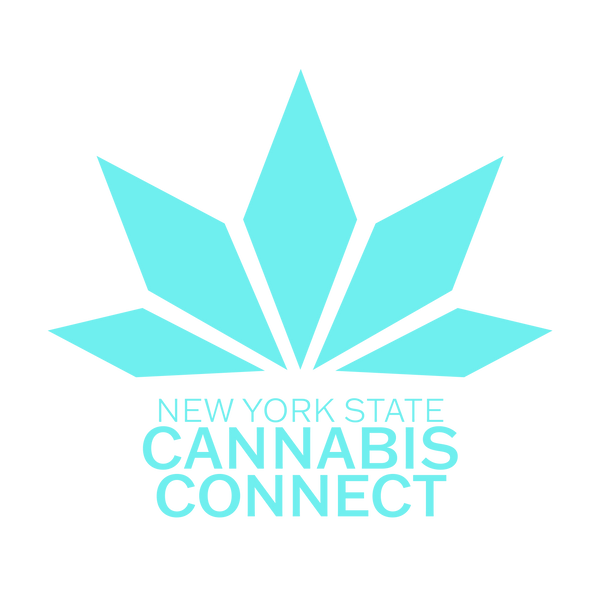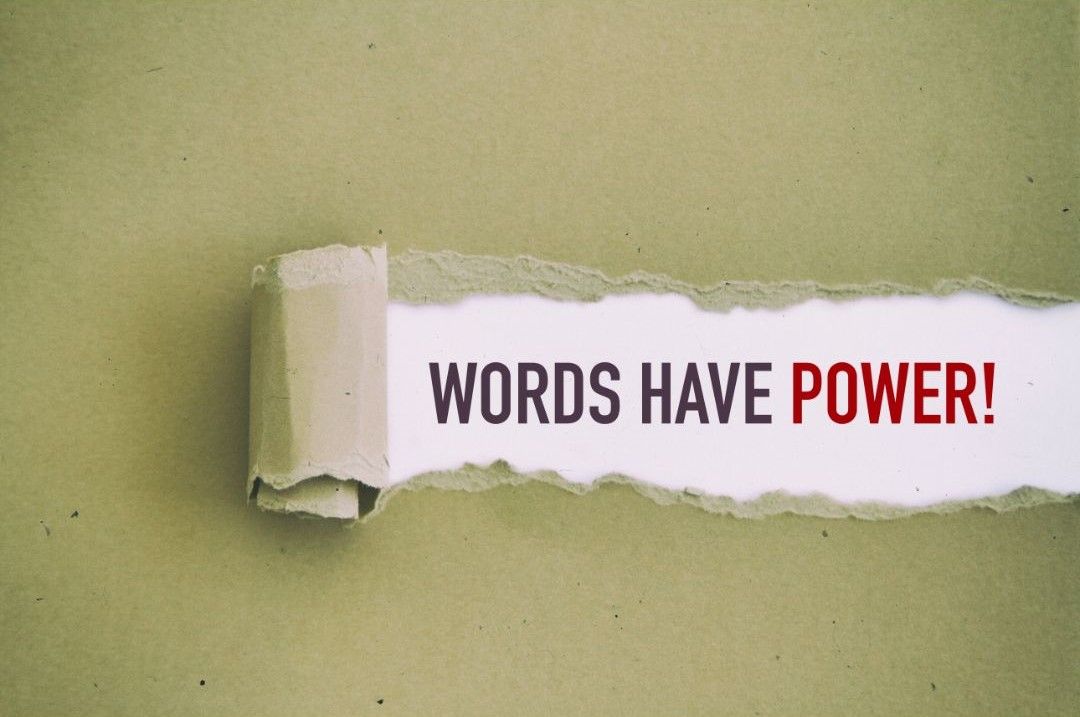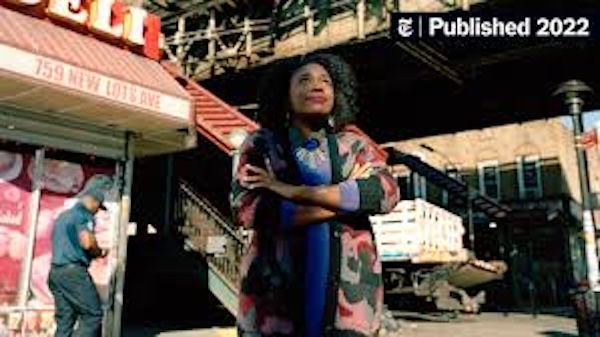Cannabis in America has a tangled history, woven with threads of opportunity and oppression. While the plant itself remains largely unchanged, the language surrounding it has been weaponized with devastating consequences, particularly for Black and Brown communities. Examining this linguistic manipulation reveals a deliberate strategy to demonize marginalized groups and justify their disproportionate targeting in the War on Drugs.
From Medicine to Menace: Framing Cannabis through Racialized Lenses
Early portrayals of cannabis were relatively neutral, even positive. In the 19th century, medical texts praised its therapeutic qualities, and its recreational use among various groups, including white Americans, was largely unscrutinized. However, the tide began to turn in the early 20th century, fueled by a potent combination of racial prejudice and political agendas.
Harry Anslinger, the first commissioner of the Federal Bureau of Narcotics, played a pivotal role in demonizing cannabis. He famously linked the drug to Mexican immigrants, using the racially charged term "marijuana" instead of "cannabis" to cultivate fear and association. He further depicted cannabis as a "gateway drug" leading to violence and moral decay, specifically targeting Black communities migrating to cities like New York and Chicago. Anslinger's pronouncements, riddled with misinformation and racial bias, were amplified by sensationalized media portrayals of "reefer madness" and criminality associated with Black jazz musicians.
Coded Language and the War on Drugs:
As the Nixon administration declared the War on Drugs in 1971, language continued to be used as a weapon. Terms like "drug pusher" and "addict" were disproportionately applied to Black and Brown communities, while white users were often framed as victims or misled experimenters. The Controlled Substances Act of 1970 classified cannabis as a Schedule I drug, the most restrictive category, despite lacking evidence of medical value or high potential for abuse. This classification, based on political expediency rather than scientific fact, paved the way for draconian sentencing policies that disproportionately impacted Black and Brown individuals.
The Power of Euphemisms: Obfuscating Intent and Perpetuating Harm
Even seemingly neutral language can conceal harmful agendas. The term "War on Drugs" itself frames drug use as a military threat, justifying aggressive enforcement tactics and mass incarceration. This language obscures the racialized nature of the policy and deflects from addressing the root causes of drug use, such as poverty and lack of opportunity. Similarly, terms like "drug-free zones" often target specific neighborhoods with high minority populations, creating a climate of fear and suspicion while failing to address the underlying issues.
Beyond Words: The Enduring Impact of Linguistic Harm
The consequences of weaponized language go far beyond mere rhetoric. They have resulted in the mass incarceration of Black and Brown Americans, the fracturing of communities, and the perpetuation of systemic inequality. The legacy of racialized language surrounding cannabis continues to shape public perception and inform policy decisions, making it difficult to achieve true social justice and equitable access to the legal cannabis industry.
Reclaiming the Narrative: Moving Towards Equity and Justice
Recognizing and challenging the harmful use of language surrounding cannabis is crucial to dismantling the structures of oppression and achieving racial equity. This requires:
- Amplifying marginalized voices: Giving a platform to Black and Brown communities directly affected by cannabis criminalization allows them to reclaim the narrative and share their experiences.
- Fact-checking and dispelling misinformation: Countering inaccurate and racially charged portrayals of cannabis use with evidence-based information is essential to promote informed public discourse.
- Challenging euphemisms and promoting transparency: Demystifying language used to justify discriminatory policies helps expose underlying biases and hold decision-makers accountable.
- Investing in communities: Prioritizing resources and opportunities for Black and Brown communities disproportionately impacted by the War on Drugs is crucial to achieving true social justice.
The history of cannabis in America is a stark reminder of the power of language to inflict harm and perpetuate injustice. By recognizing the ways language has been weaponized against marginalized communities and actively working to dismantle these harmful narratives, we can pave the way for a more equitable future where the benefits of cannabis are accessible to all, regardless of race or background.

NYS Cannabis Connect Staff
All of the recent cannabis news and resources, all in one place.





Related News
Dawson's Departure: Turbulence and Transition at Cannabis NYC
May 09, 2025
Growing Cannabis at Home in New York State: A Comprehensive Guide
May 02, 2025
From Bars to Bud: Jadakiss Bridges Hip-Hop, Wellness, and New York’s Cannabis Future
May 02, 2025